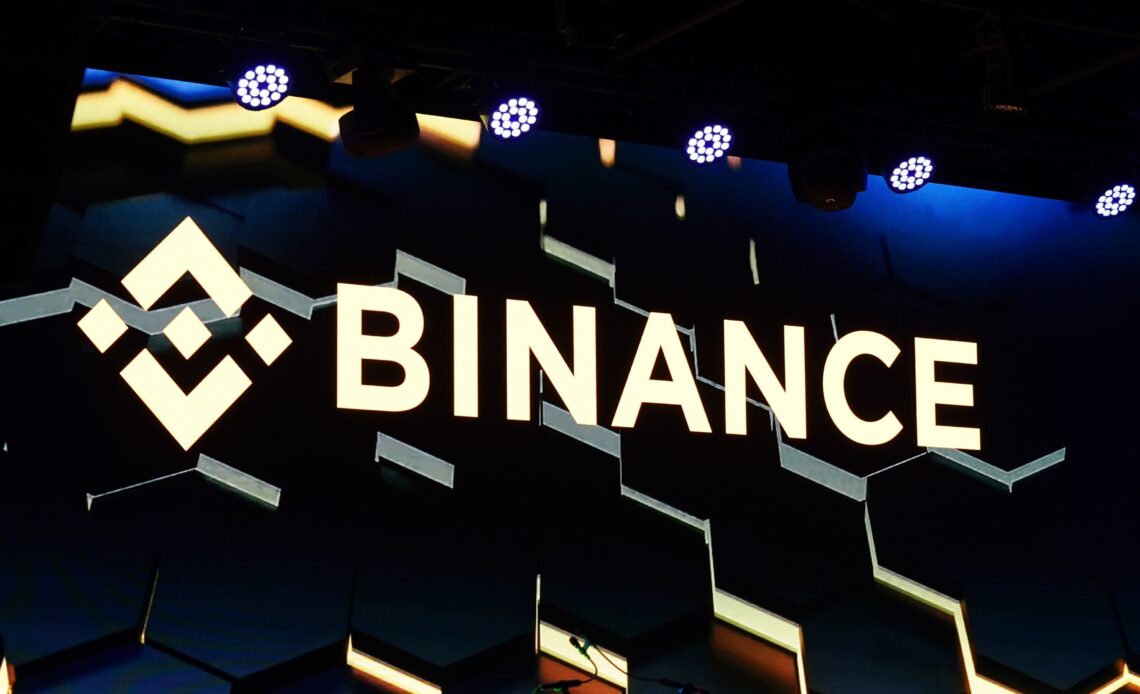Did CZ and Binance get away with it? Sure, Binance is paying literally billions of dollars and giving the U.S. government unfettered access to its books, while its founder and former CEO Changpeng Zhao is looking at maybe a year and a half in federal prison. But Binance the exchange is still operating, while federal prosecutors are admitting in court filings that CZ still has most of his money.
You’re reading State of Crypto, a CoinDesk newsletter looking at the intersection of cryptocurrency and government. Click here to sign up for future editions.
The narrative
Last Tuesday, ahead of a long holiday weekend, the U.S. Department of Justice, the Financial Crimes Enforcement Network, the Office of Foreign Asset Control and the Commodity Futures Trading Commission announced they were settling charges with Binance and its founder CZ.
Why it matters
This was the news of the week last week. There seem to be a few questions left to explore, mostly centered around what the future holds for Binance and the crypto ecosystem.
Breaking it down
Binance flagrantly violated U.S. law, allowing U.S. users on the platform despite telling the public otherwise, ignoring know-your-customer/anti-money laundering requirements and going out of its way to obfuscate both its location and its engagement with U.S. customers, the Department of Justice alleged last week.
We’ve known about these allegations for the last week, but if you were trying to get to a long holiday weekend or something, here’s some links to catch you up: CoinDesk’s article, last week’s newsletter, the DOJ information document (not an indictment, importantly), a statement of facts Binance agreed to, the FinCEN consent order, the plea stuff and that’s probably enough for now.
“VIP users were an important part of [Binance’s] business model, and a significant number were U.S. users,” a court filing said. “VIP users, including those within and outside the United States, accounted for an outsized percentage of Binance’s revenue and of the trading volume on Binance.com.”
Later on, the filing added that Binance “facilitated billions of dollars” of transactions for customers without any know-your-customer/anti-money laundering protections, and so it moved funds for people in sanctioned jurisdictions.
“During the relevant period, Defendant knew that U.S….
Click Here to Read the Full Original Article at Cryptocurrencies Feed…
























